"It’s ingrained in humanity to be scared" – How games are challenging the taboos of disability and mental health
From intimate indie stories, to AAA blockbusters, disability is a fact of life that games are now addressing from all kinds of angles
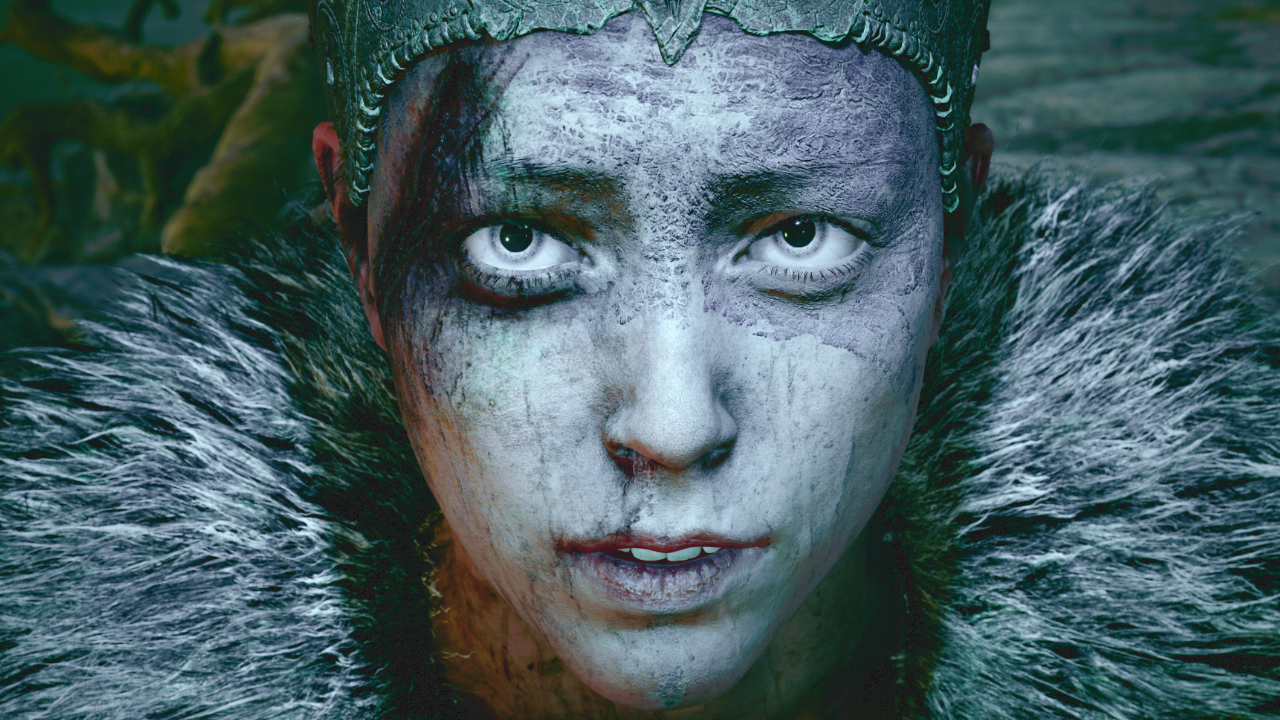
All The Dead Bones is game about suffering as seen through the eyes of other people, a memoir of growing up with a severe spinal deformity that keeps its audience at a pointed remove. Written mostly in the second-person, the game forces the player to occupy a range of uncomfortable perspectives with regard to its writer and designer, Owl Cave CEO Olivia White: a stranger hurling abuse in a park, a catastrophically self-satisfied surgeon, a distracted shopper, a surgical rod.
“Basically, I didn’t want players to play as me,” White tells us. “My experiences were my own – and all the incidents in All The Dead Bones happened – and since part of the plot revolves around my feelings of alienation, I didn’t want to give people the impression that they were able to ‘get into my head’ so to speak, or experience things how I did, because they simply don’t have the disability and chronic pain to go with it.
Gaining real perspective
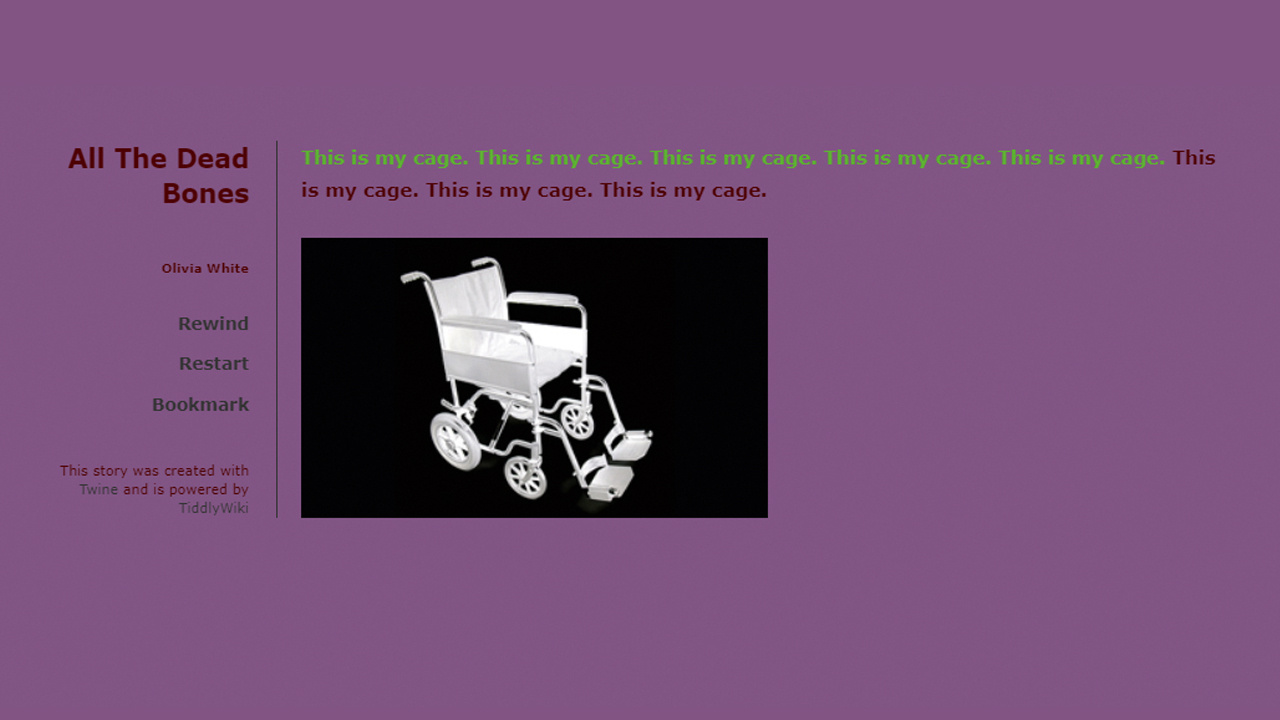
“It should be mentioned that this game was very much made for non-disabled people. Other disabled people will have their own Dead Bones stories. I just didn’t think it’d work as effectively asking a non-disabled person to empathise with what I went through. I also wanted to make the point that anyone can be dismissive, thoughtless or bigoted towards disability. I think it’s ingrained in humanity to be scared by disability, and I wanted people to analyse themselves, and consider times when they may have lived the roles they were filling in the game.”
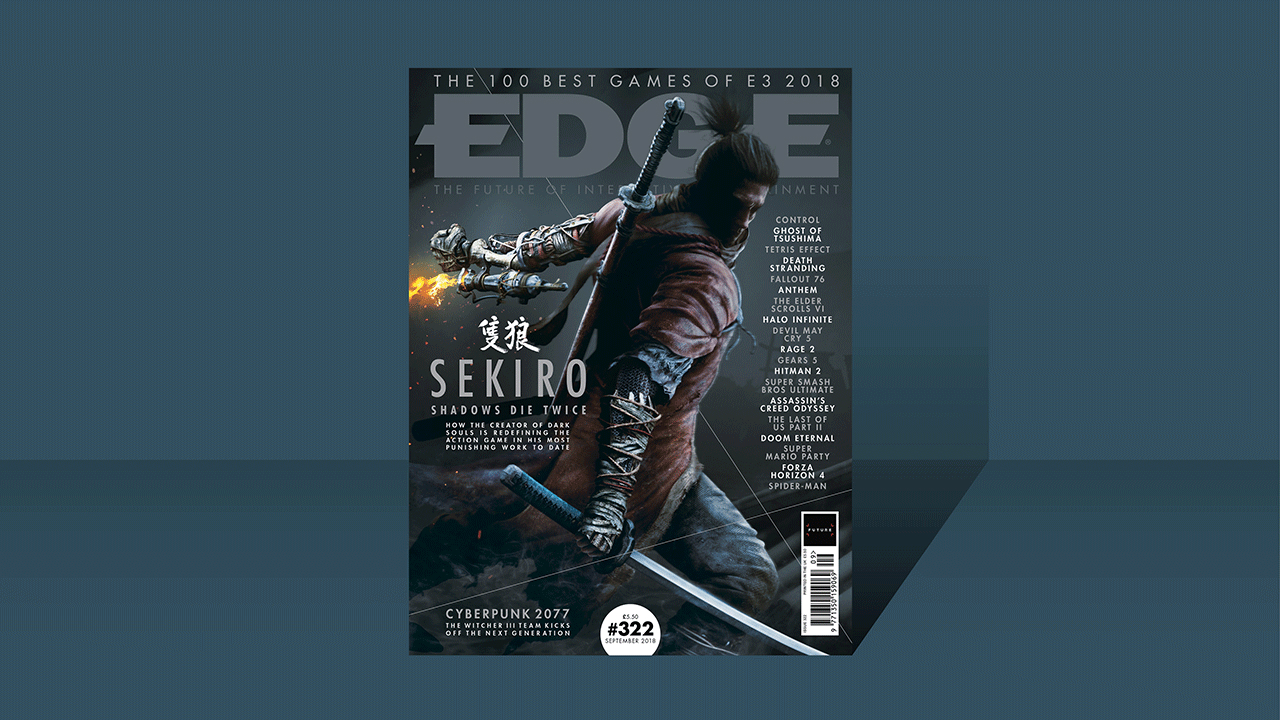
Subscribe via Print or Digital for as little as £16 / $9 for a quarterly digital subscription and get the must-have companion for game industry professionals, aspiring game-makers and super-committed hobbyists. Issue #322 features Sekiro: Shadows Die Twice, Cyberpunk 2077, Death Stranding and more.
Based in southern England, White is one of a growing number of developers who are engaging explicitly with the question of disability in their games, investigating the opportunities of an artform that remains dominated by power fantasies and lurid caricatures of mental and physical illness. Her other projects include The Charnel HouseTrilogy, a macabre point-and-click adventure set during a fateful overnight train journey and the post-apocalyptic adventure Richard And Alice; beyond games, she has also written a collection of horror stories, Bright Lights And Glass Houses, and is a content manager for the NoSleep horror-fiction podcast. White’s professional interest in horror creates an intriguing tension, given the genre’s often theatrical and denigratory treatment of mental and physical illness.
“It’s a tricky thing, this,” she says. “Some people would say that horror shouldn’t involve mental illness at all, and as someone with a personality disorder, I strongly disagree with that. So much of my horror writing serves as catharsis for me, and ultimately a lot of mental illnesses are horrifying and scary, and I think someone like me should be able to explore those things within their chosen genre.
Erasing old fears, killing old stigmas
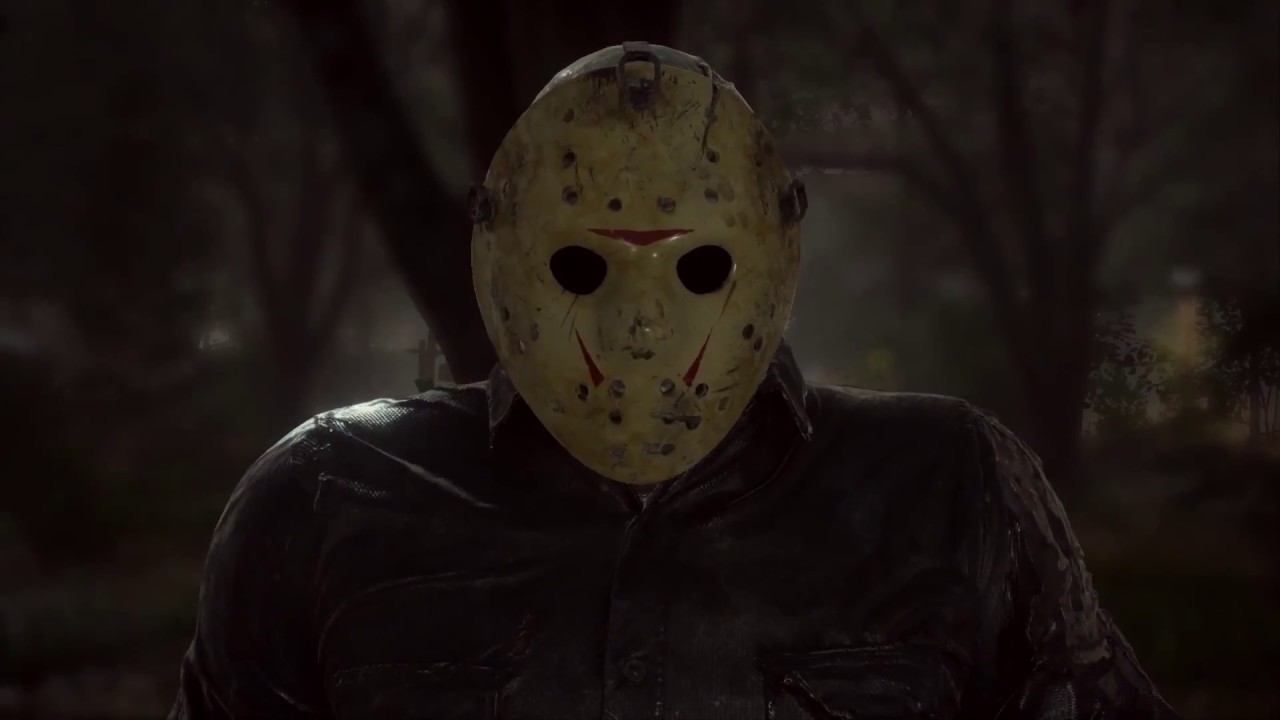
“That said, I absolutely hate it when mental illness is the source of the horror; it’s usually cheap, tacky and exploitative. The tropes of ‘crazy person in an asylum having delusions that kill people’ or ‘the schizophrenic murderer’ are so overused, and usually highly inaccurate. It seems to be open season on depicting mental illness in thoughtless ways in horror.” Horror fiction fares even worse when it comes to depictions of physical disability, White adds. “So many slasher killers [in these stories] kill because they’re disfigured from birth or in a horrific accident, and then their appearances are used as a source of horror. You very, very rarely get a physically disabled character in a horror story who isn’t the villain.”
In her own work, White avoids diagnosing her characters or reducing their behaviour to a mental or physical disability. “Whatever Rob in Sepulchre may have wrong with him, for example, the evil acts he commits are due to the influence of the supernatural, and I don’t want to muddy the waters by implying it’s a mental health thing.”
Sign up to the GamesRadar+ Newsletter
Weekly digests, tales from the communities you love, and more
Boston, US-based independent The Deep End Games has also wrestled with the association of disability with horror. The studio’s debut release, Perception (recently ported to Switch) casts you as a blind woman, Cassie, exploring a mysterious old house she recalls from her dreams. The game draws on director and Irrational Games veteran Bill Gardner’s postgraduate research into technology for those with impaired sight, and is built around the concept of echolocation, to which its creators were introduced by Daniel Kish, head of World Access For The Blind.
Different paths to empowerment
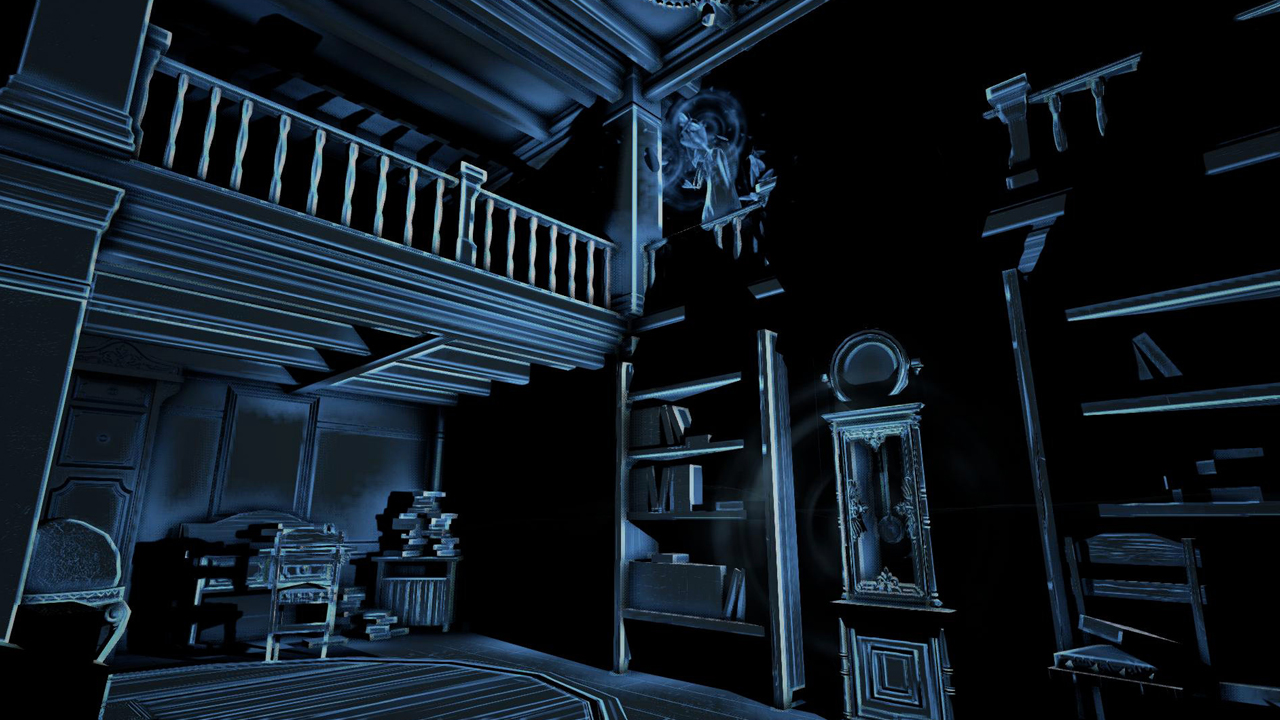
Players navigate by tapping Cassie’s cane on surfaces to briefly illuminate nearby parts of the house, much as some people with impaired sight navigate by listening to how sounds are altered by the environment. It isn’t always safe to make a noise, however, as a buzzing insectile entity comes to haunt Cassie’s footsteps, obliging you to retrace your steps by memory in certain areas to avoid detection.
One might read the game as merely linking blindness with fear and insecurity, but Perception’s writer and producer Amanda Gardner argues that the game is fundamentally “about showing how Cassie is empowered and in control, despite being put in a situation where most people would be petrified. She’s brave, sarcastic, and completely self-aware. The horror of the game centres around what happened to the previous victims of the house, while Cassie is a brave heroine who happens to be blind. Just because sighted people view being blind as terrifying, doesn’t mean that it is to blind people. That’s part of the stereotype we’re trying to shatter. One blind person we interviewed said something that really stuck with us: ‘We’re all temporarily abled’. Blind people are not walking around being terrified. Sighted people are walking around being terrified of losing their sight.”
Its visual recreation of echolocation aside, Perception also shows how a person with impaired sight might use technology to read their surroundings. Cassie is able to call a sighted person to assist with tasks via her phone camera using the ‘Friendly Eyes’ app, a variation on the real ‘Be My Eyes’ app. This ludic engagement with everyday practicalities contrasts the sensational role played by disability aids in blockbusters such as Deus Ex: Human Revolution or Call Of Duty: Black Ops 3, where protagonists are endowed with bionic limbs and enhancements.
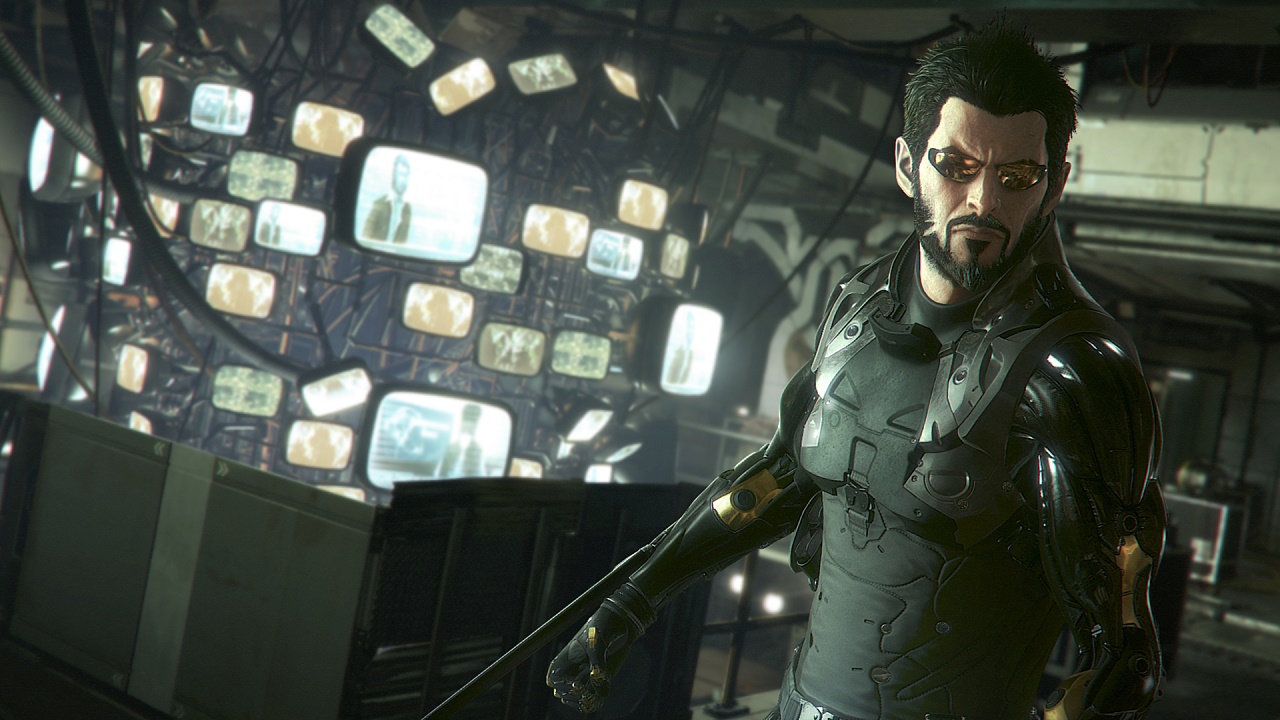
“The disability power fantasy is the one area where games frequently do represent disability,” White says. “Metal Gear Solid V, Bionic Commando, The Surge – all sorts of games feature it. But they’re rarely making much of a commentary on disability; rather, the disability serves as an explanation of why that character was able to be ‘upgraded’, so to speak.”
“We were really excited to add those features to the game, because a lot of people don’t realise what resources are out there for the blind,” Gardner says. “But you know what we found? There is no prescribed path. I partly expected every blind person we spoke with to use iPhones with accessibility modes turned on. I expected extensive use of Jawbone, a speech-recognition software. I guess we sort of expected a roadmap. In reality, everyone we met with had their own methods that worked best for them. This inspired us. It gave us the confidence to move ahead with the idea that there is no right or wrong way forward.”


